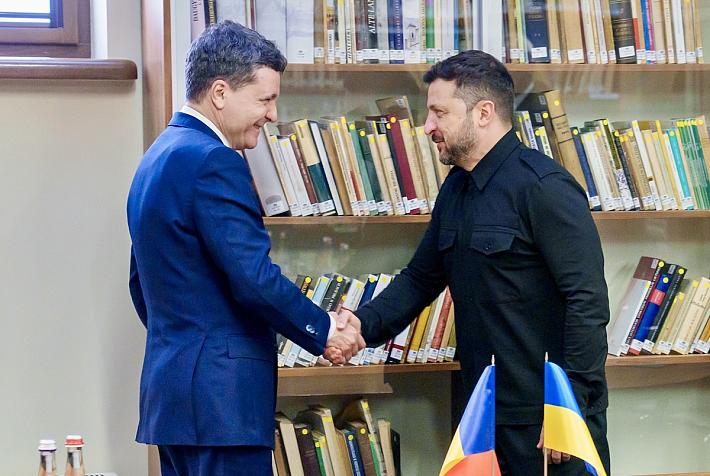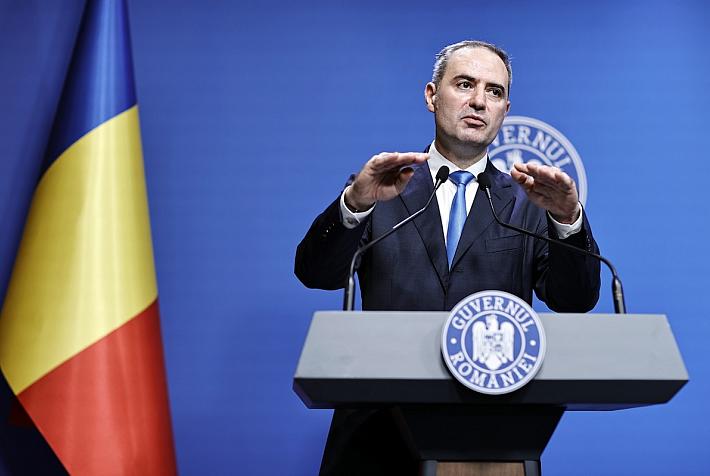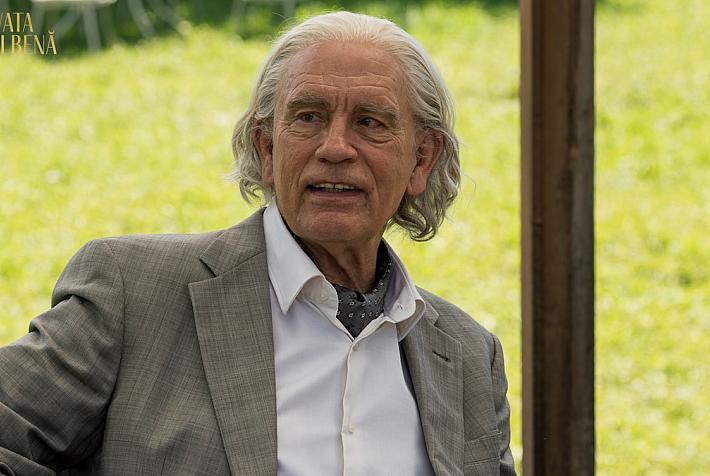Management culture in Romania: what does the boss say?

Romania, now a member of the EU, has for so many years been a society where management authority was highly concentrated in the hands of a few people who could wield their authority in quite an arbitrary way. The management style was often autocratic and the main expectation of the workforce was that of quiet obedience. But then came foreign managers and things started to change.
By Irina Budrina
The nature of management varies between societies and dominant cultural norms shape the style of management in different countries. It is not enough for the Western businessman to 'think global, act local'. It is also important that they think about the local and know something about it.
For example, Romania's banking segment is overwhelmingly based upon foreign European capital. Consequently, a significant part of the top management in the Romanian foreign owned banks came from Europe, and/or has had training and experience in Western leadership and management styles. They saw themselves as exemplars of the new management agenda (ex.: strategic approach, less authority, team working, flexibility, participation). Some were modeling the behavior of lower level managers (eg: networking, motivational leadership, transparency, trust building etc).
For older senior staff 'cultural change' often meant a process of denying the values of a lifetime and painfully acquiring the skills of the new age. For younger managers, especially those with less emotional investment in the past, it was a new road to liberalization.
Almost all organizations experienced 'cultural blocks' or 'resistances' to the participative, pro-active and empowered management which the Anglo-American model of management implied due to societal culture and history as the key explanatory variables.
This management culture values things like overcoming status barriers between grades and levels; experimenting with new 'consulting' styles in facilitating teams of 'knowledge workers'; building flexible communication systems; empowering staff with more authority.
What did Romanians make of all these? Click on the following pages to read the rest of this article.
Senior managers attributed this expectation of higher direction to a fear of making mistakes and being punished. Middle and lower level Romanian managers seemed to lack confidence in their own judgment and preferred to follow instructions rather than solve problems. Equally, managers could seem reluctant to take initiative or to stand out and be held personally accountable for a line of action. Some managers appeared to hide behind procedures, evade responsibility and avoid risk.
In the same way, to expatriate eyes, Romanian meetings could seem lengthy and inconclusive without any sense that responsibility was being assigned or accountability for results built into the process.
Under the old order, management authority in Romania had been highly concentrated in the hands of a few people who could wield their authority in quite an arbitrary way, without the checks and balances you would expect in the West. The management style was often autocratic and the main expectation of the workforce was that of quiet obedience.
Romanian managers typically liked to brief their direct line subordinates on a one- to- one basis, to give prescriptive instructions and to follow up on an individual basis to see that action had happened.
Participation was something new in Romania. Reserve and suspicion seemed to cast a long shadow and were not easily banished. Romanian managers in a team are often wary of each other. Especially at the beginning of relationships it was difficult to get full and open discussion. Team dynamics often seemed to involve protecting your position and maneuvering skilfully around people.
Historically, in the atmosphere of fear and uncertainty engendered by Communism, information was a commodity to be hoarded and traded in Romania, a source of status and power
Traditionally, trust was limited in Romanian organizations. The top has not shown trust in lower levels performing their work without close scrutiny and lower levels have not trusted top managers to think beyond their own interests.
However, co-existing with this mistrust there may also be an implicit social contract between higher and lower levels. Lower managers and workers have traditionally accepted hierarchical chains of status, tough authoritarian control and downward communication in return for protection, the security of clear direction and the manager as the 'good father figure' .
Like the boyars before them, many older Romanian managers seemed to believe that they had a duty to lead and also to protect. This may also explain the continuing paternalism of much Romanian management. At a time of global pressures to restructure organizations and shed large numbers of workers, managers in Romania have often tried to preserve jobs and provide a measure of social protection
A typology of Romanian managers. Click on the following pages to read the rest of this article.
Here is management culture in the form of a 'typology' of management orientations to be found today in Romania:
a) Traditional Managers: These are largely unreformed managers who behave according to the administrative rules of hierarchy, procedure, bureaucracy and process. These may be largely found in the state managed enterprises. These can appear like 'yesterday's manager'.
b) Entrepreneurial managers: These are managers who are committed to entrepreneurial activity. They are leading new start enterprises or engaged in innovation and restructuring in more established companies to achieve economic success. They have flexible, market-led attitudes. Some will be from the old order who were able to transfer their skills of 'playing the system' under communism to new conditions, others will come from a new class of young owner/entrepreneurs or managers.
c) Paternalist managers: These are the managers who are attempting to introduce change so that their enterprises become more effective in market terms yet are still led by social values ex.: recognizing communal obligations; maintaining employment where they can; addressing social and human issues. This group could act as a block to developing economic change. Or can become a new kind of manager- the participative, innovating reformer.
d) Missionary managers: These are the expat managers from the West investing in Romania because of its low cost base and good technical skills, who are often the torchbearers for a new management culture. They can be part of the solution if they act as agents for knowledge transfer, facilitators of experimentation and exemplars for modernization. However, they can also be part of the problem if they expect foreign techniques work equally well in Bucharest without interpretation and adaptation.
e) Self seeking managers: These are the managers who recognize the new opportunities in a DE-regulating economy which gives special opportunities to insiders to enrich themselves through privatization and favored business relationships etc. These are the 'nomenklatura managers' who know how to use their networks to make short term gains. They are also the 'nouveau riches' and crime linked businessmen who can use the new uncertainties for their own advantage.
Management transition. Click on the following page to read the rest of this article.
Management transition
Management culture in Romania is in a period of transition. There is a Romanian saying: 'Brains take a long time to thaw out after a hard winter'. The brains of Romanian managers are still thawing to the possibilities of new ways of managing. Management culture is shifting from the homogeneity of communism to the heterogeneity of the market. Shadows of the old 'Stalinist' management, of autocratic-paternalism, of centralism and 'scientific management' in the workplace still linger. But the new economy is creating new social groupings whose interests are tied to economic success through the market. Organizations are adapting to the demands of external forces like EU in order to survive. Multinational companies are acting as vehicles for new technology, knowledge and management practice. Romanian managers themselves are recognizing that old rules no longer apply and are reaching for new ways of doing management.











